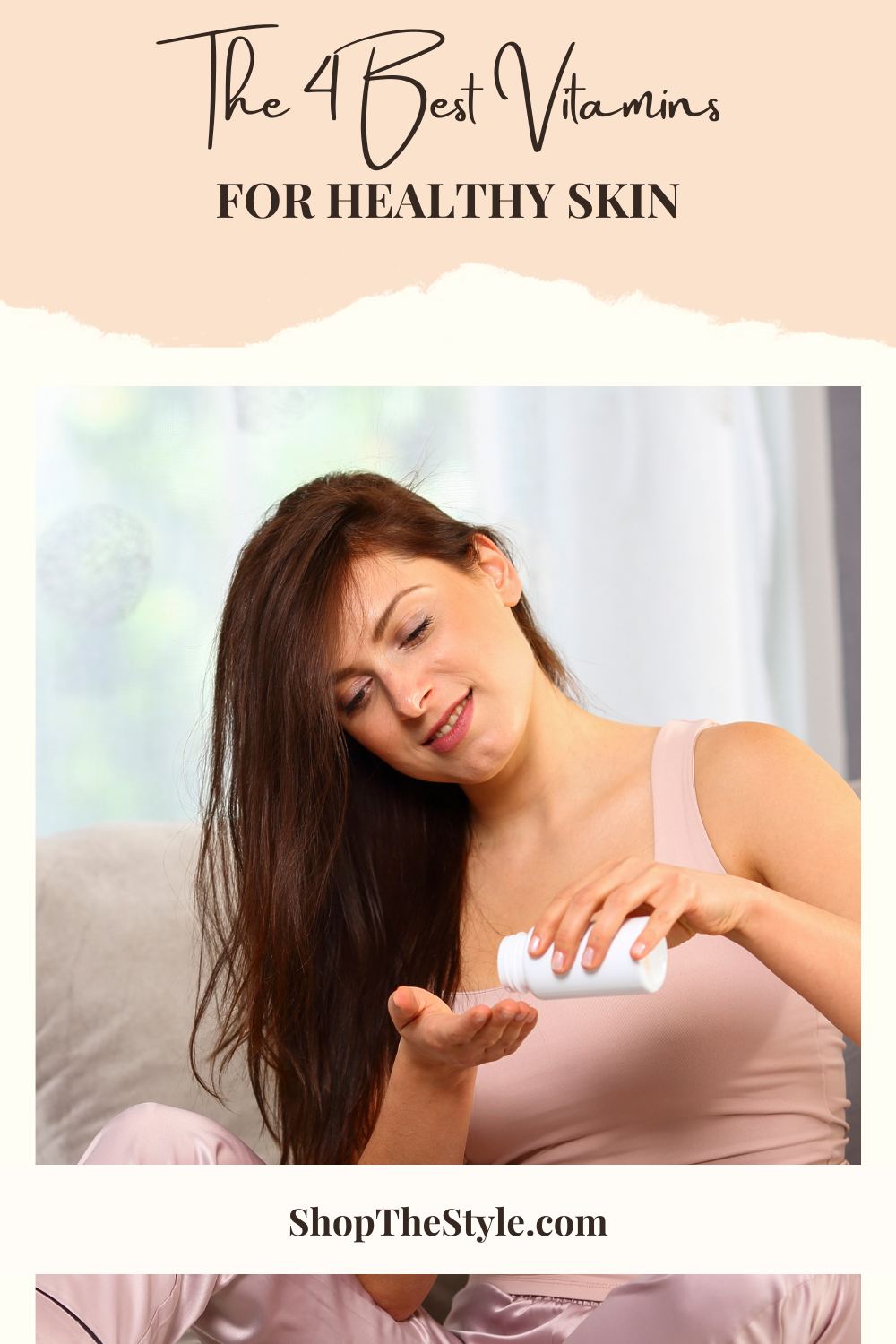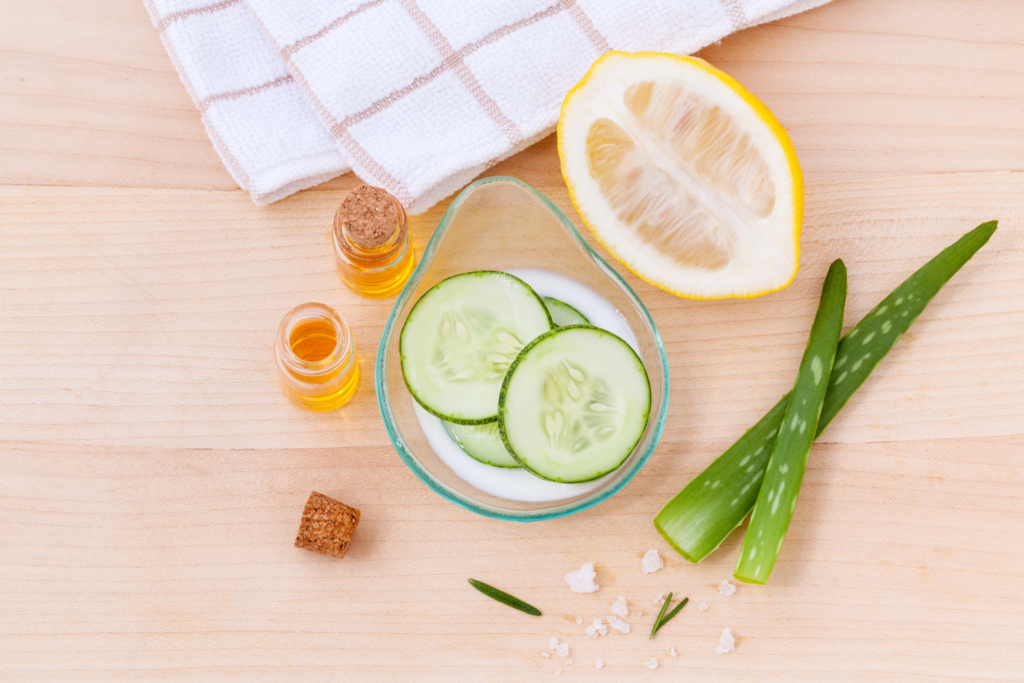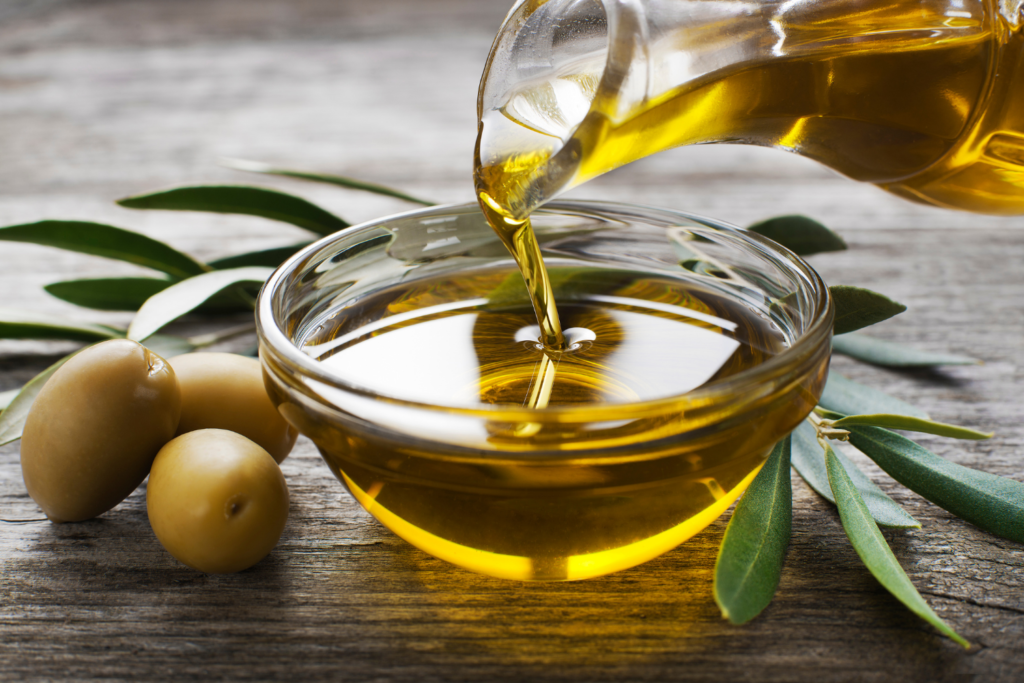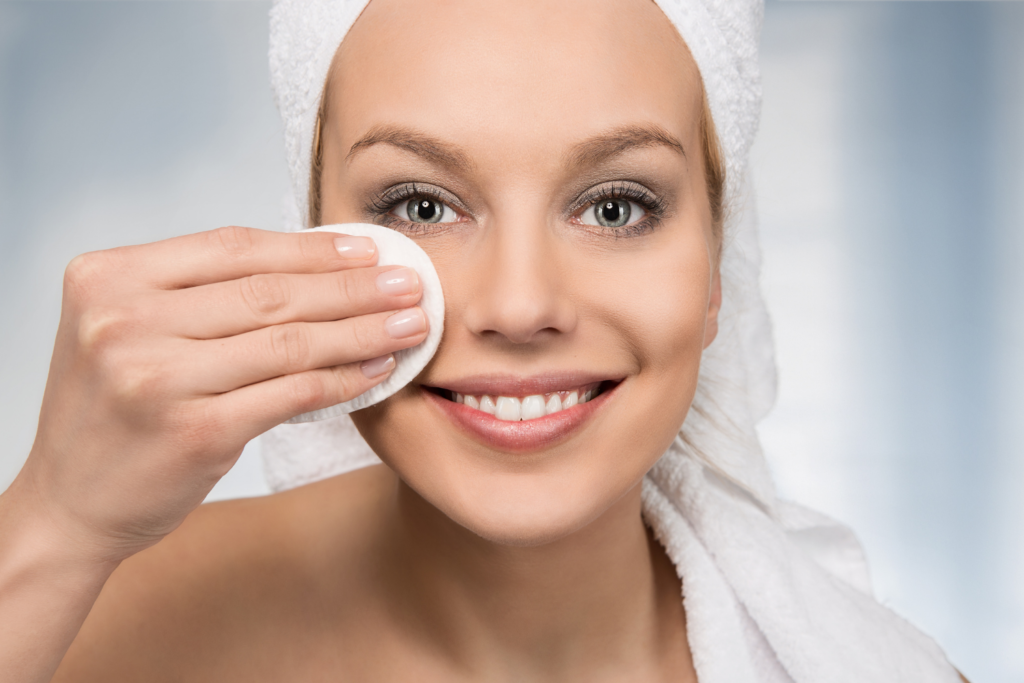The largest organ in the human body is the skin. While it is the most visible, it may be the most neglected as well. The skin to be healthy requires constant care as exposure to the environment changes daily. However, the need for basic vitamins remains the same.
Contents
The 4 Best Vitamins For Healthy Skin
Most experts agree that the best way to get vitamins is to eat a healthy diet, although it is hard to get everything you need by diet alone. Here is a rundown of the best vitamins to take for your skin.
1. Vitamin E
Vitamin E is an extremely efficient antioxidant. This vitamin helps the body fight free radicals. Free radicals are one of the primary causes of premature aging of the skin. Free radicals can not be completely avoided. They are caused by exposure to the sun, pollution, and smoking. Vitamin E has been used to fight stretch marks, age spots, lines, and wrinkles.
Some topical options that include Vitamin E are:
- MD Moms Babysafe Sunscreen Towelettes
- Clinique After-Sun Rescue Balm with Aloe
- L’Oreal Paris Sublime Sun Face Lotion
Excellent choices for getting more Vitamin E in your diet include sunflower seeds, olives, peanuts, wheat germ, almonds, and leafy greens.
2. Vitamin A
Vitamin A helps the skin rebuild tissue. Young skin rejuvenates itself every two to three weeks. As the skin ages, it does not happen so efficiently and quite so often. It becomes evident that Vitamin A is a good option to help replenish the skin.
A form of Vitamin A called retinol is often used to create a luster and encourage cell regrowth.
If you like kale, you are in luck. Just one serving of one cup has 192% of the daily recommended daily allowance of Vitamin A. There are some easy ways to incorporate kale. You might like it in a chopped salad or a smoothie is a good option.
3. Vitamin B Complex
This group of vitamins, Vitamin B Complex, refers to all of the known essential water-soluble vitamins, minus Vitamin C. The grouping includes biotin, folic acid, thiamine, niacin, pantothenic acid, and pyridoxine. These help to boost circulation and that is essential for healthy skin.
4. Vitamin C
Vitamin C stimulates the production of collagen. Collagen is a protein that helps the skin stay soft and encourages elasticity. It helps with spots. You can also buy straight collagen on the shelves, but if you are nursing a baby, here is the best collagen for breastfeeding moms.
It is simple to get enough Vitamin C in your diet. There are a plethora of options. Berries are an excellent choice. Cherries, strawberries, and blueberries have the most Vitamin C. Other berries contain some, so feel free to mix it up. They are easy to add into a salad, top a traditional dish or eat as a snack.
Perhaps vegetables are more appealing to you. Try brussel sprouts, tomatoes, cucumbers, cauliflower, and broccoli. Since at least a third of your diet should be fruits and vegetables it should be easy to include them in your diet.
To have the most success with keeping the largest organ in the body in optimal condition, a trip to the dermatologist once a year is not a bad idea. As soon as puberty hits the skin can be overwhelmed with changes. A dermatologist can offer dietary options, creams, and serums and steer you in the right direction for your specific skin needs.







